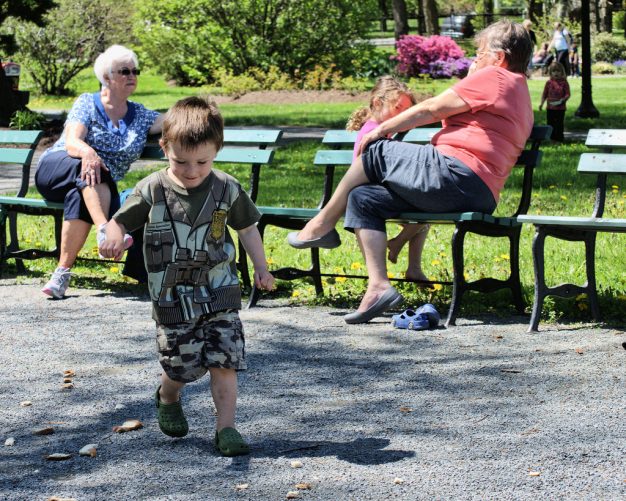
Transforming educational practices to increase children’s outdoor play
Insights from three years of study of an outdoor education research project sheds light on how gradual changes in pedagogical practice can create quality outdoor play opportunities for children.
A pair of researchers have shared their findings from a project that examined the exploration of the outdoor environment in an early childhood education center in Portugal. Their key finding was that cooperation between adults is an important aspect for the success of outdoor play experiences.
Fear of risky play
It is essential to highlight children’s right to play outdoors in today’s modern world where children are chauffeured from one place to another “without experiencing the outdoor environment through the interaction with the community.”
Another factor that limits children’s outdoor play is over-protective attitudes to risk and safety. The research revealed that this is a concern that not only plagues parents but also other care providers. “The professionals perceived the indoor environment as being more secure and comfortable, so they avoided going outside for long periods. They were also afraid about possible accidents or diseases that might affected children, fearing for negative reactions from the families.”
Collaboration, action and research to change practices
A range of methods were used such as action research and qualitative data collection techniques from observations, videos and photographs. While the research was done by working together with children, parents, community members, early childhood teachers and other professionals.
The research illustrates how professionals and families can and need to work together to create and seize quality outdoor play opportunities.
To read the article in full click here.




